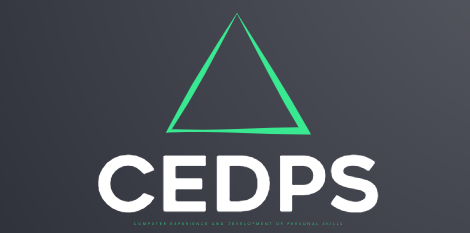If you’re looking to learn a new language then the internet is an unrivalled resource. You can access lots of online information and lesson without having to spend a penny on expensive courses and tutors. Obviously interaction with a native speaker is essential to developing your skills further but there’s no doubt the internet can get you a long way on a study of language. If you’ve got some money to invest, there are actually lots of great tutors who teach languages online. This market was already growing but the pandemic of 2020/21 has increased it by many times. People have realised that tutoring online is not only quite straight forward it’s also very economical. Costs of travel are eliminated and it’s very flexible for both tutor and student.
One of my favorite resources is available on one of the best sites on the world wide web the BBC Website. There’s nothing quite like it for sheer breadth of content and there’s lots of language lessons available for free too. This is the languages page where you can access the online lessons for a host of different language from French to Chinese – http://www.bbc.co.uk/languages/. For younger students the Bitesize range has a selection of basic language skills – these can also be used for people to new to the English language to develop their knowledge.
If you are learning a new language there’s also a host of opportunity for practice to be found on the many media sites on the web. When I was learning French I found watching my favorite shows on the M6 Replay media channel helped a lot. Listening to dubbed French when watching the Simpsons really helps your language knowledge and makes it fun to learn. Unfortunately many of these web sites are restricted by location – i.e. you have to be in France to watch M6 Replay, USA to watch Hulu etc. However it is possible to bypass the geolocation blocks by using a proxy or VPN server.
This page shows the technique – BBC iPlayer on my iPad, but it’s relevant for PCs, Laptops and any country in the world.
If you prefer video demonstrations then you might prefer this-
You can also watch it directly on YouTube if you prefer but the principle is just the same. Hide your location by routing your connection through a proxy or VPN server. For geo-targeting blocks then just ensure that the server is in the right country, for for the BBC or UK TV online then use a British server and so on.
It would be nice if these media sites opened up their content to the world however that seems unlikely in the short term. But there is no doubt if you look around the internet and use a couple of inexpensive proxy services you c an track down some awesome language resources online.


Recent Comments